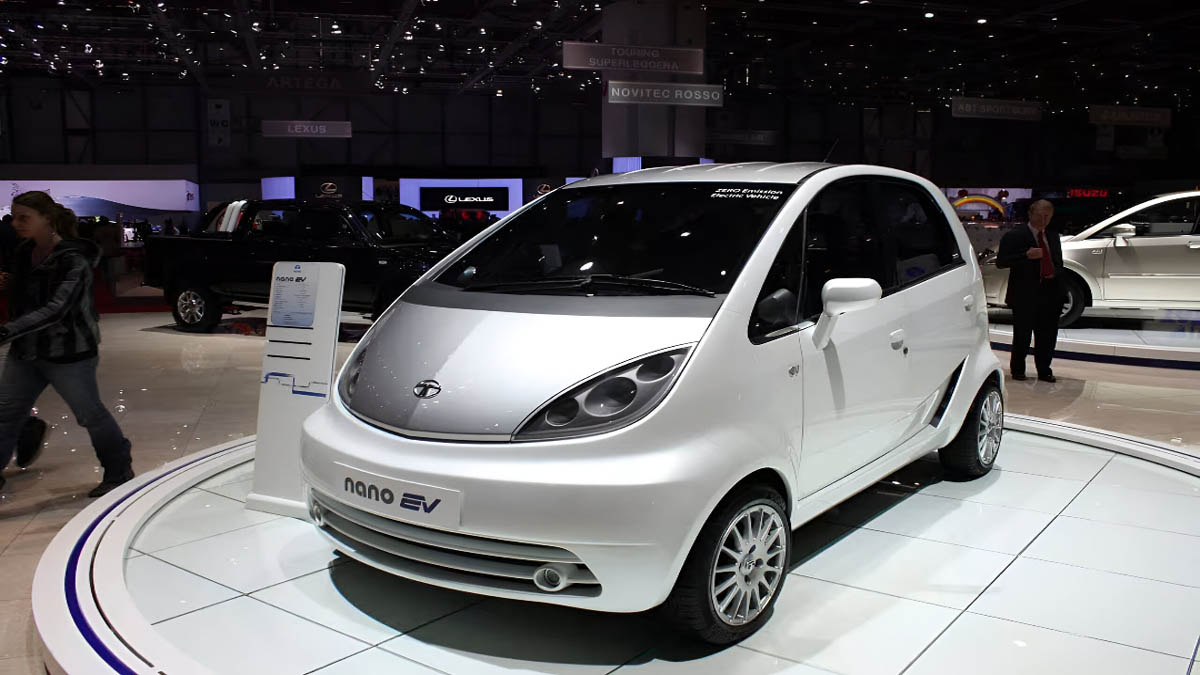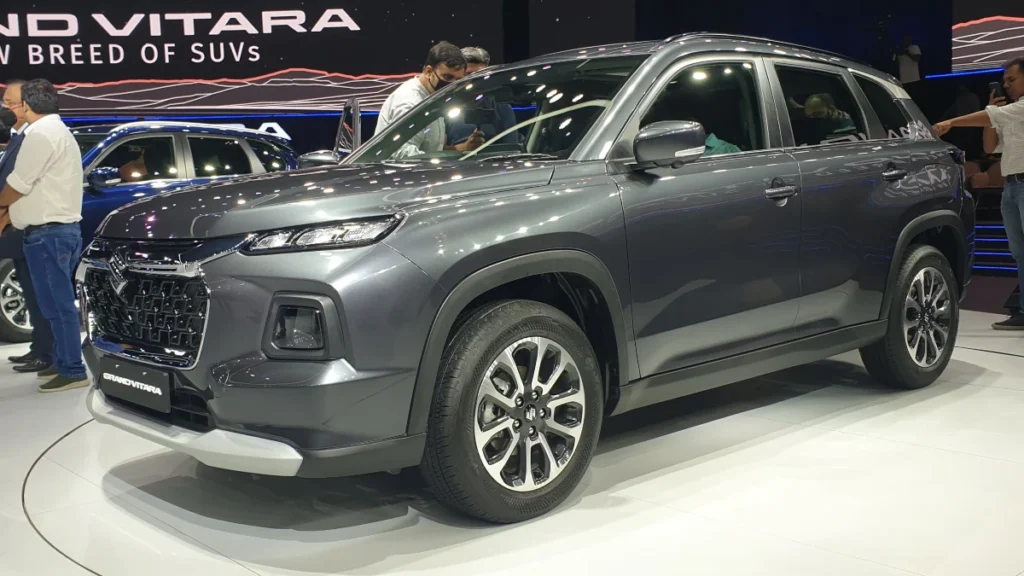Now Reading: Tata Nano EV: Reviving an Icon with an Electric Heart
-
01
Tata Nano EV: Reviving an Icon with an Electric Heart
Tata Nano EV: Reviving an Icon with an Electric Heart

The Tata Nano, once envisioned as the “people’s car,” is reportedly making a comeback in an all-new electric avatar. According to recent reports and industry speculation, the Tata Nano EV is poised to redefine entry-level urban mobility in India, offering an affordable and eco-friendly commuting solution. While Tata Motors has yet to officially announce the launch date, many anticipate its arrival in 2025.
Expected Performance and Specifications:
The Tata Nano EV is expected to retain its compact dimensions, making it ideal for navigating congested city streets and tight parking spaces. Under the hood, it will feature an electric powertrain, likely with a lithium-ion battery pack offering a range suitable for daily urban commutes. While official figures are yet to be revealed, some sources suggest a range of 150-250 km on a single charge.
The electric motor is expected to provide a smooth and effortless driving experience, perfect for city traffic. Features like regenerative braking, which helps to recharge the battery while decelerating, are also likely to be included to enhance energy efficiency.
Expected Features:
Despite its budget-friendly positioning, the Tata Nano EV is expected to come equipped with essential and modern features. These may include:
- A smart infotainment system with Bluetooth, Android Auto, and Apple CarPlay connectivity.
- Safety features such as dual airbags and ABS (Anti-lock Braking System).
- Power windows and air conditioning for comfort.
- A digital instrument cluster providing essential driving information.
- Possibly, connected car technology in higher variants.
Expected Price and Market Impact:
The most significant aspect of the Tata Nano EV is its expected affordability. Industry experts speculate that the Nano EV could be priced in the range of ₹5-7 lakh (ex-showroom). If launched at this price point, it could become one of the most affordable electric cars in India, potentially making EV ownership accessible to a wider range of consumers, especially in Tier 2 and Tier 3 cities.
The launch of the Tata Nano EV could be a significant step towards the mass adoption of electric vehicles in India. By offering a budget-friendly EV, Tata Motors could attract a large segment of the population looking to switch to electric mobility without breaking the bank. It is expected to compete with other affordable EVs in the market, such as the MG Comet EV.
Current Electric Vehicle Market Scenario in India:
The electric vehicle market in India is currently experiencing significant growth. In the fiscal year 2025, over 2 million EVs were sold in India, marking the highest ever sales in a single fiscal year and a 15.6% increase compared to the previous year. Electric two-wheelers currently dominate the market, followed by electric three-wheelers and then electric cars.
Tata Motors has been a leading player in the electric four-wheeler segment in India. The introduction of the Tata Nano EV could further solidify its position and expand the overall EV market by attracting new customer segments. The Indian government is also actively promoting EV adoption through various schemes and incentives, supporting the growth of the EV ecosystem in the country.
In Conclusion:
The anticipated launch of the Tata Nano EV has generated considerable excitement in the Indian automotive market. If Tata Motors manages to deliver an affordable, practical, and sufficiently ranged electric car, it has the potential to be a game-changer in the country’s transition towards electric mobility. The revival of the iconic Nano in an electric form could indeed put an electric car within reach of many more Indian consumers.










